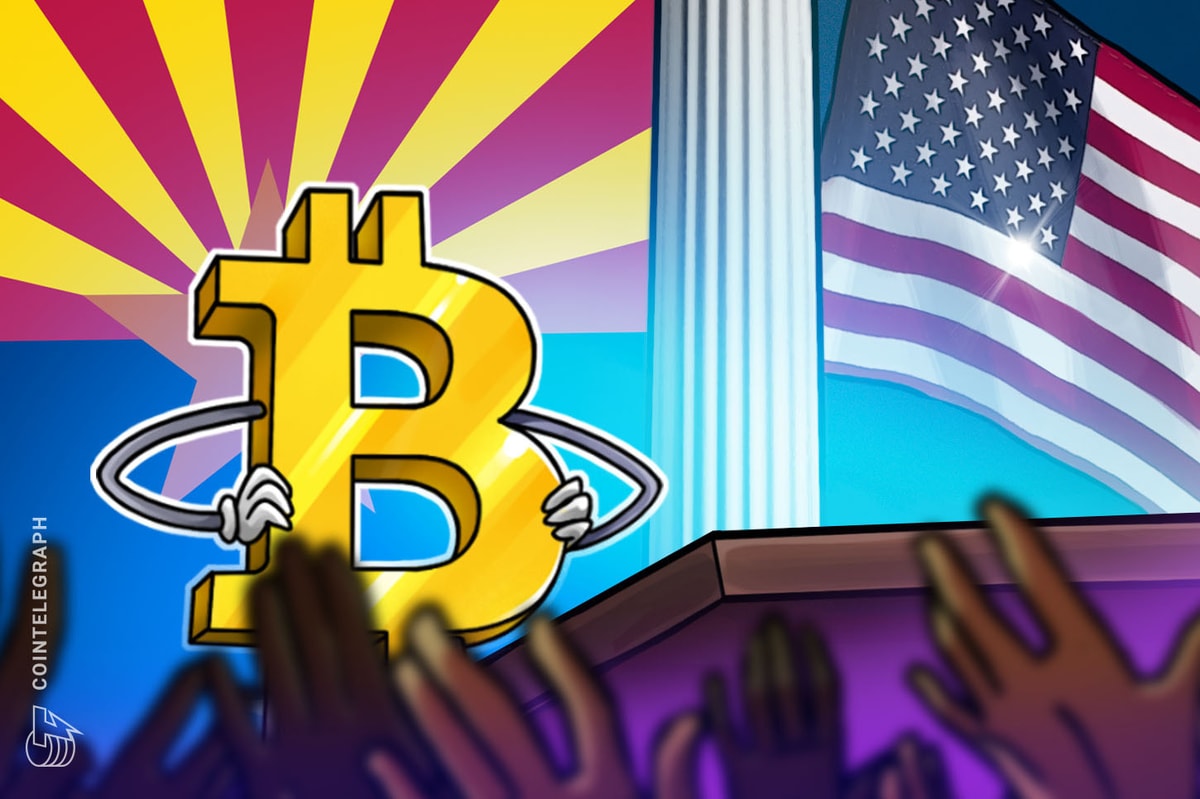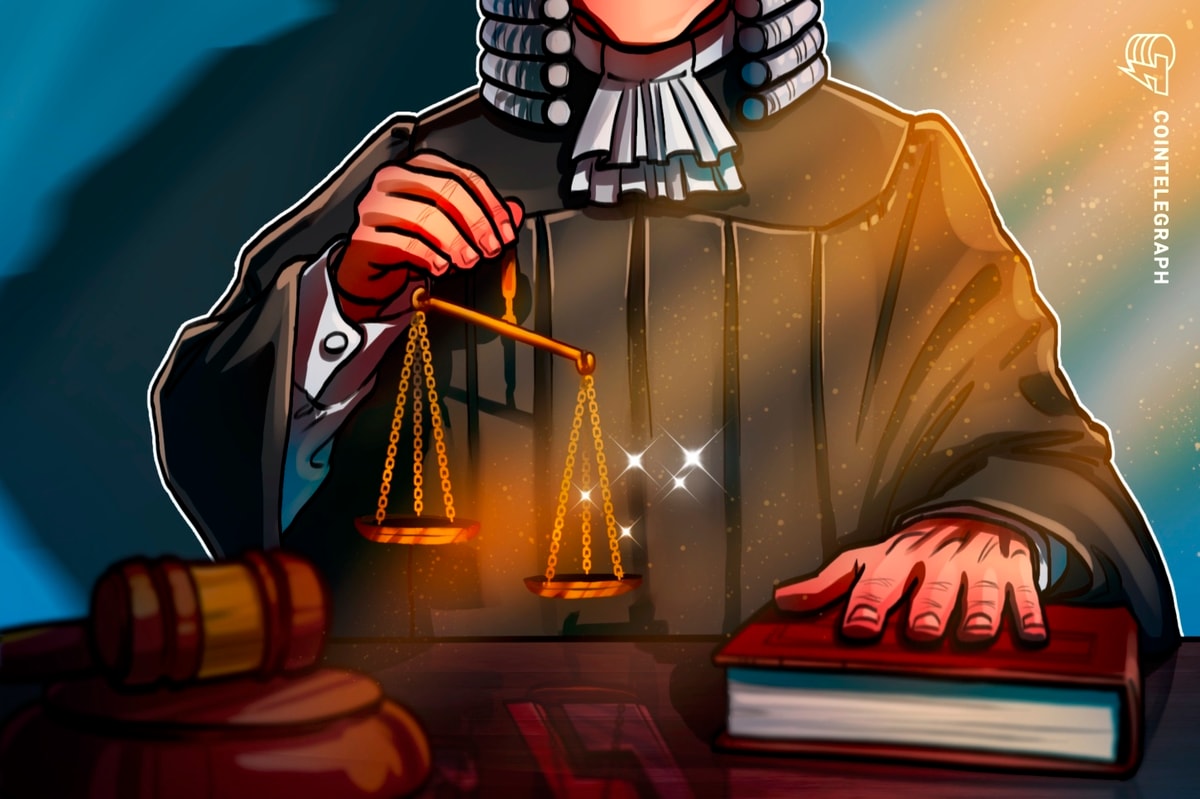Update March 7, 11:10 UTC: This article has been updated to clarify that other ISPs have not yet implemented the NTC order.
The Philippines National Telecommunications Commission (NTC) has started blocking websites of crypto companies offering investment products in the country without the necessary licenses.
On March 7, local media outlet Bitpinas reported that the websites of crypto firms MiTrade and OctaFX were now inaccessible through one of the country’s largest internet providers. The NTC issued an order on Feb. 21 to internet service providers, requiring them to block applications and websites of MiTrade for violating regulations enforced by the Securities and Exchange Commission (SEC) of the Philippines.

The NTC’s action follows a request from the SEC to begin blocking websites of crypto platforms operating without a license in the country. In a press release, SEC Chairperson and CEO Emilio Aquino said that the NTC’s action will help prevent investment scams in the country. Aquino said:
“The SEC and NTC will continue to work closely together to take similar actions on other platforms facilitating illegal investment-taking activities and other predatory financial schemes.”
Aquino also highlighted that the NTC’s actions support their efforts against “predatory financial schemes” and protect investors in the country.
While the NTC started blocking unlicensed crypto trading platforms, the Binance exchange remains accessible in the country, according to the report. On a Dec. 13, 2023, panel, SEC Commissioner Kelvin Lee said that the Binance ban in the country would come into effect three months after it was issued on Nov. 29, suggesting that Binance should have been banned on Feb. 29. However, a statement from the SEC did not clarify when it would proceed with a Binance ban.
Related: Philippines to sell $179M in tokenized treasury bonds for the first time
On Feb. 28, an SEC spokesperson told local media that the agency is looking into the potential effects of a Binance ban in the country. The spokesperson said:
“The SEC is currently evaluating all possible ramifications of the blocking, including implications to Filipino customer funds. We are also working with other government agencies on the procedure of restraining unregistered entities’ operations in the Philippines.”
On Nov. 28, the SEC issued a warning against Binance, telling investors in the country that the trading platform is not authorized to offer securities in the country. The announcement highlighted that Binance should apply for registration in the country and provide sufficient information about the securities it offers.
Magazine: Bitcoin breaks $60K, US gov’t moves seized BTC, and more: Hodler’s Digest











